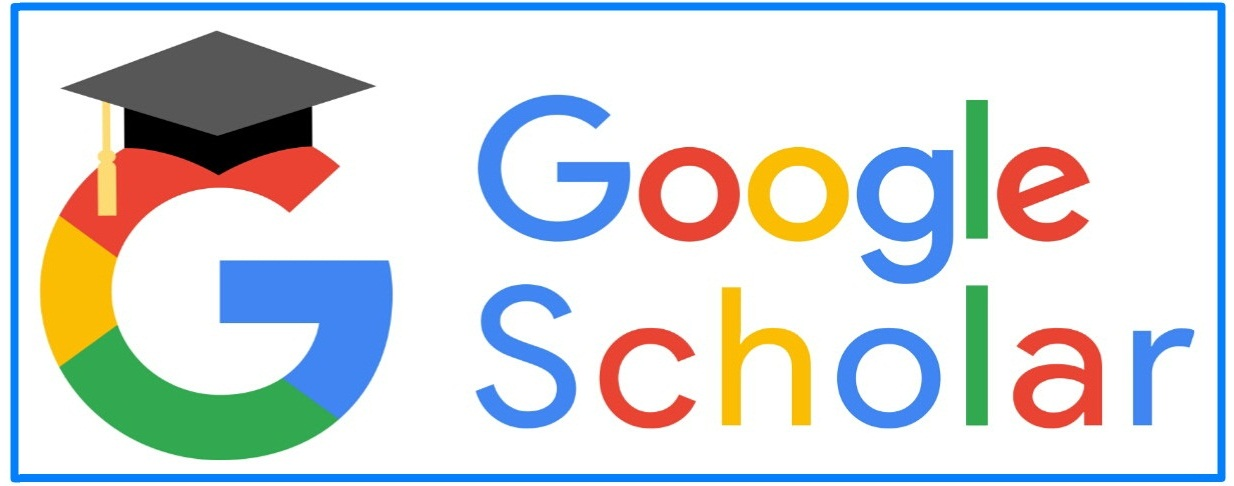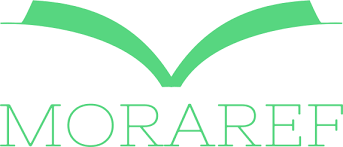Efektivitas Kegiatan Field Trip Sebagai Metode Pembelajaran di Runiah School Makassar
Abstract
Education is a process of influencing students in adapting to the environment and being able to make changes that exist in students. Field trips are a method used by students to complete certain learning experiences and are part of the school's curriculum program. This service aims to determine the effectiveness of the field trip method as a learning method at Runiah School Makassar. This service uses the pre-post test control design method and mentoring outdoor learning activities. The subjects of the service were students from grades 3 to grade 6. The measuring instrument used was in the form of questions consisting of 8 questions covering general knowledge and special knowledge questions. This measuring tool aims to measure student knowledge according to the location of field trip activities. Based on the dedication that was carried out, it gave the result that field trips were effectively carried out as a learning method by increasing general and special knowledge.
Downloads
References
Bansuhari, B. (2020). Penerapan Metode Field trip untuk Meningkatkan Kemampuan Menulis Puisi pada Siswa Kelas IX H SMP Negeri 6 Watampone. Jurnal Idiomatik: Jurnal Pendidikan Bahasa Dan Sastra Indonesia, 3(1), 1–21. https://doi.org/10.46918/idiomatik.v3i1.643
Hulu, F., Dewi, T. M., Surahman, F., Sanusi, R., Khairiyah, K. Y., & Ristiani, R. (2022). Peningkatkan Motivasi Dan Wawasan Siswa Melalui Fieldtrip Observation. Dinamisia : Jurnal Pengabdian Kepada Masyarakat, 6(3), 769–776. https://doi.org/10.31849/dinamisia.v6i3.10313
Kalfahrum, K. (2018). Meningkatkan Hasil Belajar Siswa dengan Metode Field trip Pada Mata Pelajaran Pemeliharaan Tanaman Perkebunan Kelas XI ATP SMKN 1 Kuala Cenaku. Jurnal Pendidikan Tambusai, 2(3), 1539–1550.
Loka, B. G. (2018). Kinerja Fasilitator Pembelajaran Luar Sekolah Di Kebun. Inerja Fasilitator Pembelajaran Luar Sekolah Di Kebun Raya Kebun Binatang Gembira Loka, 686–696.
Ratnasari, D., Koosbandiah, R. H., & Supriatno, B. (2017). Pengaruh Field trip Mangrove Cagar Alam Pulau Dua Terhadap Sikap Ilmiah Siswa Sma. Jurnal Eksakta Pendidikan (Jep), 1(2), 1. https://doi.org/10.24036/jep.v1i2.50
Ratnawati, S. (2017). Peningkatan Kemampuan Menulis Deskripsi Dengan Menggunakan Metode Field trip Pada Siswa Sekolah Dasar. FON : Jurnal Pendidikan Bahasa Dan Sastra Indonesia, 11(2), 138–152. https://doi.org/10.25134/fjpbsi.v11i2.724
Rr. Sri Wachyuni, Tri Sulistyaningtyas, Shinta Yuniarti, & Fadila Nisa Ul Hasanah. (2022). Motivasi Berprestasi Dalam Upaya Membangun Karakter Unggul Melalui Literasi Digital Pada Orang Tua Terhadap Pola Asuh Anak di Cirebon dan Indramayu. Dinamisia : Jurnal Pengabdian Kepada Masyarakat, 6(2), 313–320. https://doi.org/10.31849/dinamisia.v6i2.9935
Susanto, D., Baehaki, I., & Juhana, F. (2021). Pengaruh Metode Field trip Terhadap Keaktifan dan Hasil Belajar Bahasa Indonesia Siswa Kelas IV SD di Kecamatan Ngantru. Briliant: Jurnal Riset Dan Konseptual, 6(3), 486. https://doi.org/10.28926/briliant.v6i3.637
Widiyanto, B. (2017). Penerapan Metode Field trip pada MK. Pendidikan Lingkungan Hidup untuk Meningkatkan Kepedulian Mahasiswa terhadap Permasalahan Sampah. Cakrawala: Jurnal Pendidikan, 11(2), 159–169. https://doi.org/10.24905/cakrawala.v11i2.858
Yulianti, T., & Martuti, N. K. T. (2014). Efektivitas Penerapan Metode Field trip Untuk Meningkatkan Hasil Belajar Dan Kepedulian Siswa Terhadap Lingkungan. Jurnal Pendidikan Matematika Dan Sains, 3(1), 1–360.
Yuliati, T., Kariada, N., Martuti, T., & Biologi, J. (2014). Efektivitas Penerapan Metode Field trip Untuk Meningkatkan Hasil Belajar Dan Kepedulian Siswa Terhadap Lingkungan Efectivities Implementation Field trip Method To Increase Learning Outcomes and Student Awarness of Environmental. Jurnal Pendidikan Matematika Dan Sains Tahun II, 2, 178–186.
Syah, M. (2010). Psikologi pendidikan dengan pendekatan baru. Bandung: PT. Remaja Rosdakarya Offset.
- Authors retain copyright and grant the journal right of first publication with the work simultaneously licensed under a Creative Commons Attribution License that allows others to share the work with an acknowledgement of the work's authorship and initial publication in this journal.
- Authors are able to enter into separate, additional contractual arrangements for the non-exclusive distribution of the journal's published version of the work (e.g., post it to an institutional repository or publish it in a book), with an acknowledgement of its initial publication in this journal.
- Authors are permitted and encouraged to post their work online (e.g., in institutional repositories or on their website) prior to and during the submission process, as it can lead to productive exchanges, as well as earlier and greater citation of published work (See The Effect of Open Access).








